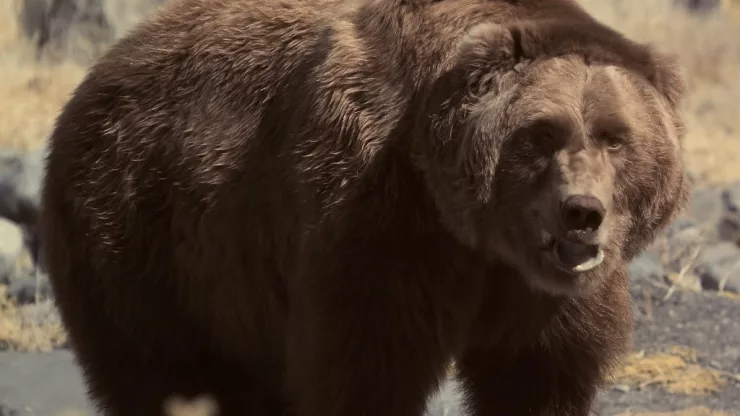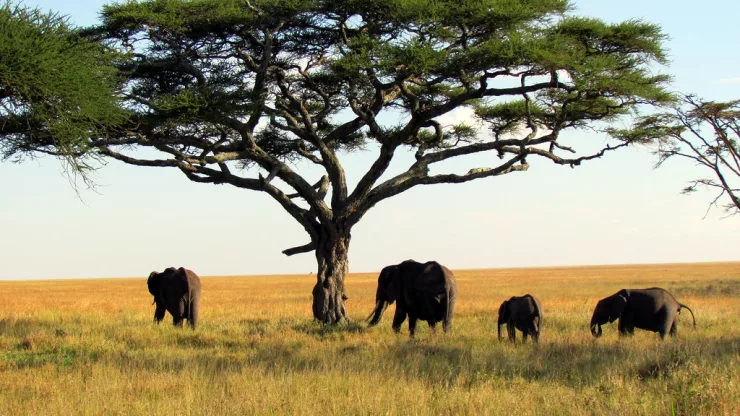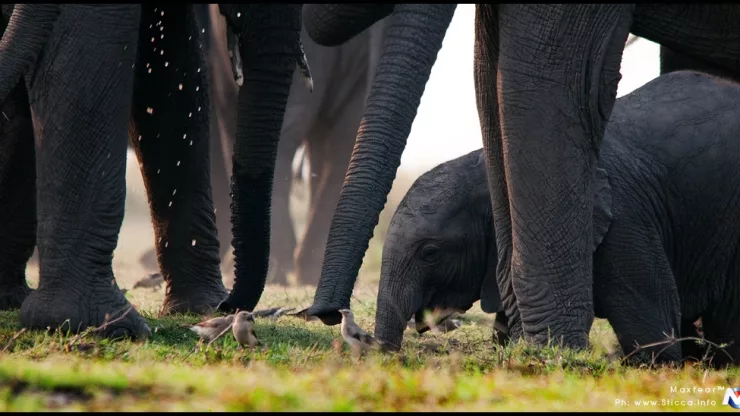Cairngorms National Park: Scotland’s Wildlife Splendour
Nestled in the Scottish Highlands lies Cairngorms National Park, a vast expanse of natural beauty that is home to a diverse range of flora and fauna.
The park covers an area of over 4,500 square kilometers, making it the largest national park in the UK.
Cairngorms is a haven for outdoor enthusiasts, wildlife enthusiasts, and those seeking a tranquil escape from the hustle and bustle of city life.
Jump to Section
Introduction
Cairngorms National Park was established in 2003 to protect the unique natural environment of the Scottish Highlands.
The park is home to four of the five highest mountains in the UK, including Ben Macdui, the second-highest peak in the country.
The park is also home to the largest native forest in the UK, as well as a vast network of rivers, lochs, and wetlands.
Flora and Fauna of Cairngorms National Park
Wildlife
Cairngorms National Park is home to a variety of mammals, including red deer, roe deer, Scottish wildcats, pine martens, and otters.
The park is also home to several bird species, including golden eagles, ospreys, and capercaillies.
The elusive Scottish Wildcat is one of the park’s most iconic animals, with only an estimated 100 individuals left in the wild.
Reptiles and amphibians also call Cairngorms National Park home, including adders, slow worms, and common frogs.
Flora
The park is home to a variety of tree species, including Scots pine, birch, and rowan.
The Caledonian forest is a unique feature of Cairngorms, and it is the largest area of native woodland in the UK.
Wildflowers and plant species can be found throughout the park, including heather, bluebells, and orchids.
Unique plant species that can only be found in Cairngorms include the woolly willow, the dwarf birch, and the mountain avens.
Activities in Cairngorms National Park
Hiking and Walking Trails
Cairngorms National Park is a popular destination for hikers and walkers, with trails that range from short walks to multi-day treks.
Some of the most popular hiking trails in the park include the Lairig Ghru, a 30-kilometer trail that takes hikers through the heart of the park, and the Cairn Gorm Mountain Trail, which offers stunning views of the surrounding landscape.
Short walks and family-friendly trails are also available, including the Loch an Eilein Trail, which takes hikers around a picturesque loch, and the An Lochan Uaine Trail, which leads to a beautiful green-colored lochan.
Tips for hiking safely in Cairngorms include wearing appropriate clothing and footwear, bringing plenty of water and food, and being aware of the changing weather conditions.
Winter Sports
Cairngorms National Park is a popular destination for winter sports enthusiasts, with opportunities for skiing, snowboarding, cross-country skiing, and snowshoeing.
The park is home to several ski resorts, including Cairn Gorm Mountain and The Lecht.
Snowsports for beginners are also available, with ski schools and instructors offering lessons for those new to the sport.
Other Activities
Wildlife watching tours are a popular way to experience the park’s diverse wildlife, with opportunities to see red deer, otters, and birds of prey.
Mountain biking opportunities are also available, with trails that cater to all levels of experience.
Fishing and angling are popular activities in Cairngorms, with the park’s rivers and lochs home to salmon, trout, and pike.
Conservation Efforts in Cairngorms National Park
History of Conservation in Cairngorms
Conservation efforts in Cairngorms National Park date back to the early 20th century, with the establishment of the Cairngorms Nature Reserve in 1954.
The park was designated as a national park in 2003, with the goal of protecting the unique natural environment of the Scottish Highlands.
Current Conservation Efforts
Several conservation efforts are underway in Cairngorms National Park, including the Cairngorms Connect Project, which aims to restore and connect habitats across the park.
The Scottish Wildcat Action is also working to protect the park’s Scottish wildcat population, through measures such as habitat restoration and predator control.
The restoration of peatland habitats is another conservation effort in the park, with the goal of improving biodiversity and mitigating climate change.
Best Places to Stay in Cairngorms National Park
Hotels and Lodges
Cairngorms National Park offers a range of accommodation options, from luxurious lodges and hotels to budget-friendly options.
The Muckrach Country House Hotel is a popular choice for those seeking a luxurious stay, while the Coylumbridge Hotel offers family-friendly accommodation.
Budget-friendly options include the Glenmore Campsite and the Cairngorms Hostel.
Camping and Caravan Parks
Camping and caravan parks are also available in Cairngorms National Park, with options that cater to all types of campers.
The Glenmore Campsite is a popular choice for those seeking a traditional camping experience, while the Rothiemurchus Camp and Caravan Park offers a range of facilities for caravanners.
Tips for camping in the park include respecting the natural environment, leaving no trace, and being aware of the changing weather conditions.
Final Thoughts on Cairngorms National Park
Cairngorms National Park is a unique and beautiful destination that offers a range of activities and experiences for visitors.
The park’s diverse flora and fauna, as well as its stunning natural landscapes, make it a must-visit destination for those seeking a tranquil escape from the stresses of modern life.
By supporting conservation efforts in the park, visitors can help ensure that Cairngorms remains a natural wonder for generations to come.
FAQ
What is the best time to visit Cairngorms National Park?
Cairngorms National Park can be visited year-round, with each season offering unique experiences. Summer is the most popular time to visit, with warm temperatures and long daylight hours.
Winter is popular for winter sports enthusiasts, while spring and autumn offer stunning landscapes and fewer crowds.
Is Cairngorms National Park accessible for wheelchair users?
While some areas of Cairngorms National Park may be accessible for wheelchair users, many areas are rugged and may be difficult to navigate.
Visitors are advised to contact the park ahead of time to discuss accessibility options.
Are dogs allowed in Cairngorms National Park?
Dogs are allowed in Cairngorms National Park but must be kept on a leash at all times.
Visitors are also advised to clean up after their dogs to help protect the park’s natural environment.
I’m a nature enthusiast and creator of Metro Wilds and have spent years exploring the great outdoors.
With a passion for environmental conservation and sustainability, I have dedicated my career to writing about the beauty and wonders of nature, as well as the threats facing our planet.
Contact me at [email protected] for assistance.





